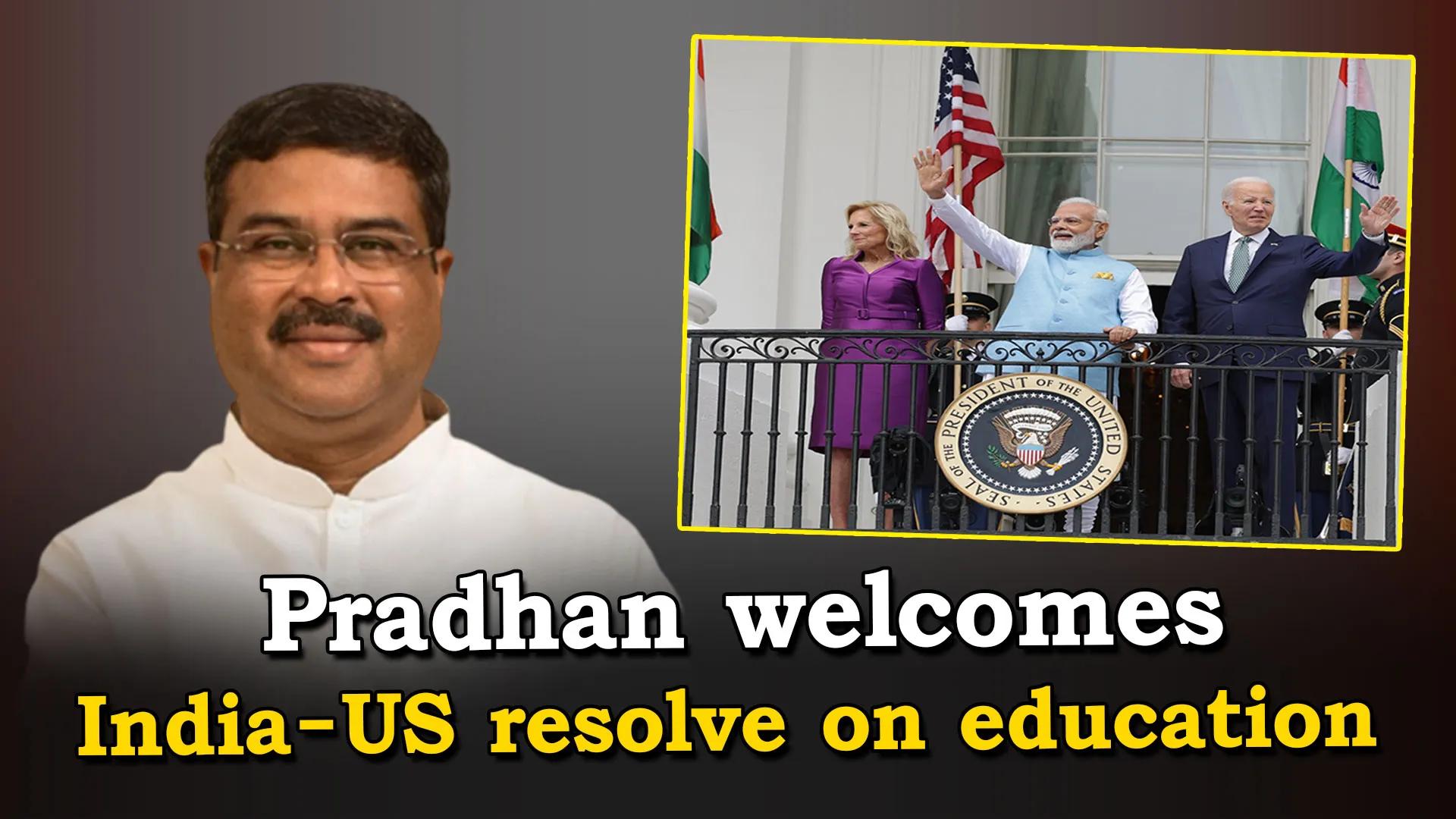New Delhi: Union Education Minister Dharmendra Pradhan said on Friday that the recently created India-US initiative on Critical and Emerging Technology (iCET) is anticipated to herald a new chapter of relationship and hasten the outcome due to the large talent pool in both India and the United States. He was pleased by Prime Minister Narendra Modi and Vice President Joe Biden's commitment to strengthen ties between universities in India and the United States. Given the large talent pool in India and the United States, especially in new age technologies, and the synergistic research and development centres of excellence at our academic institutes, he predicts that the recently launched India-US initiative on Critical and Emerging Technology (iCET) will usher in a new phase of partnership and accelerate the outcome.
The minister said that talks were taking place at the joint task force between the Association of American Universities and the best IITs and IISc. To further research partnerships and human exchanges in areas like semiconductors, sustainable agriculture, clean energy, health and pandemic preparedness, and emerging technologies, the education ministry will work to establish Indo-US Global Challenge Institutes. This scholarly collaboration will aid in the creation of future-proofing solutions. Pradhan went on to call the collaboration "a historic moment" that will have "a global impact in the coming years" in the fields of education and research. The National Security Councils of both countries are leading the charge on the iCET, which was announced during bilateral talks between US President Joe Biden and Modi in Tokyo last May.

